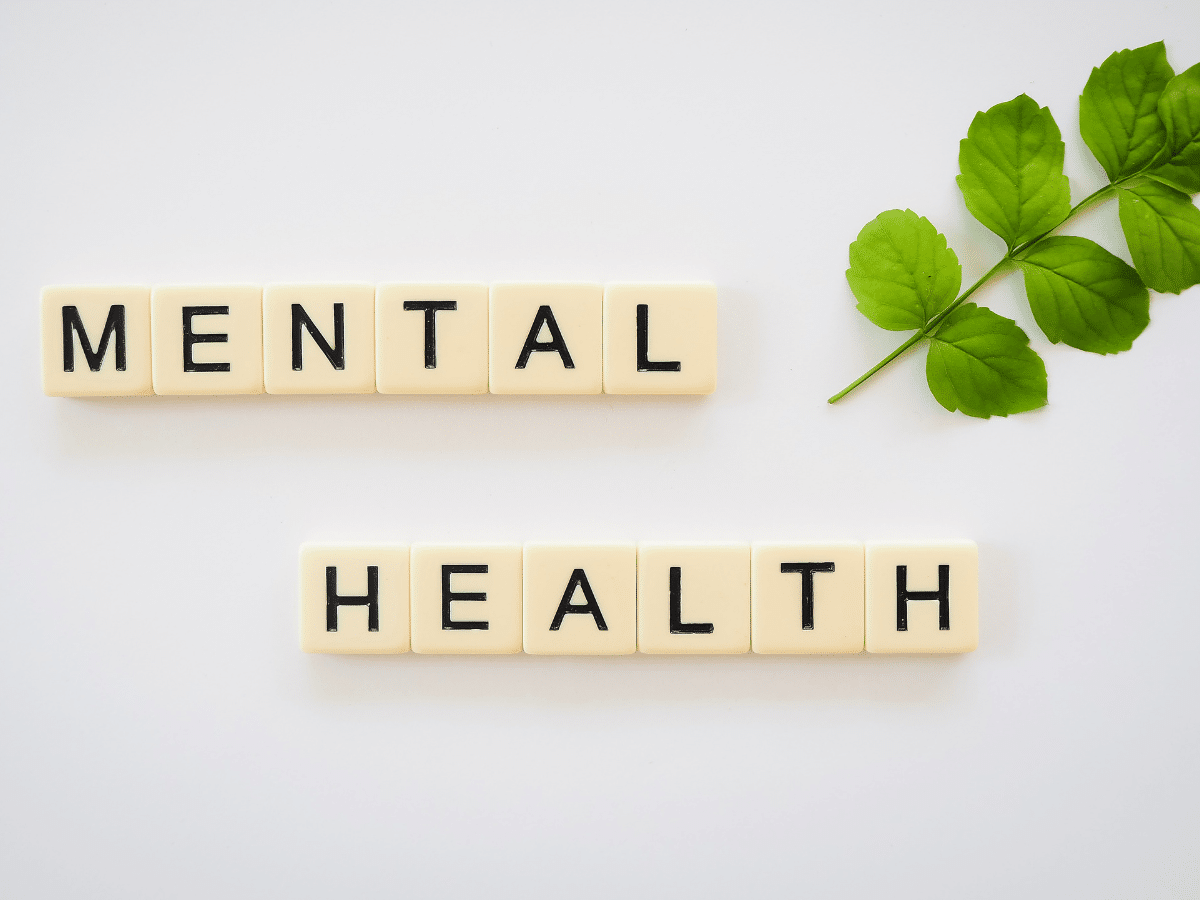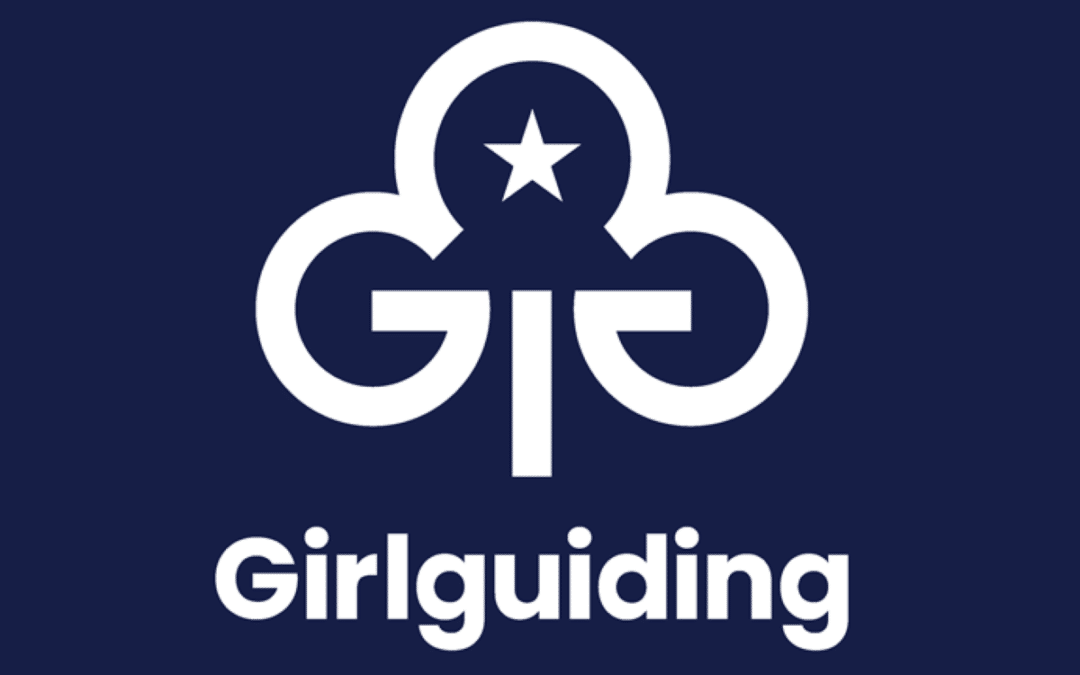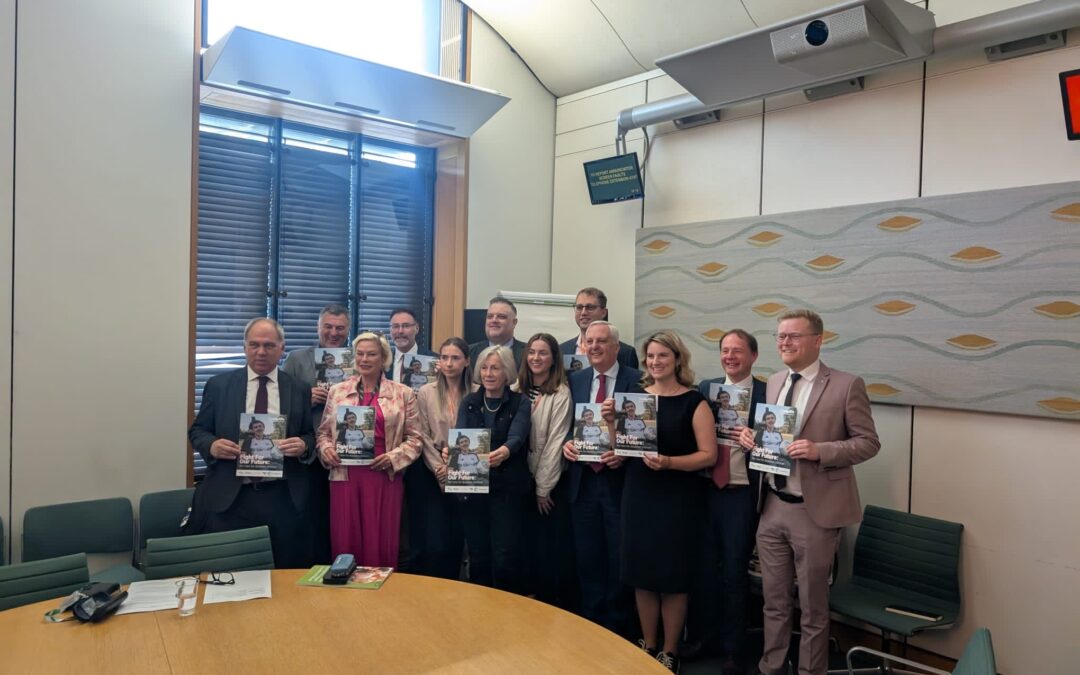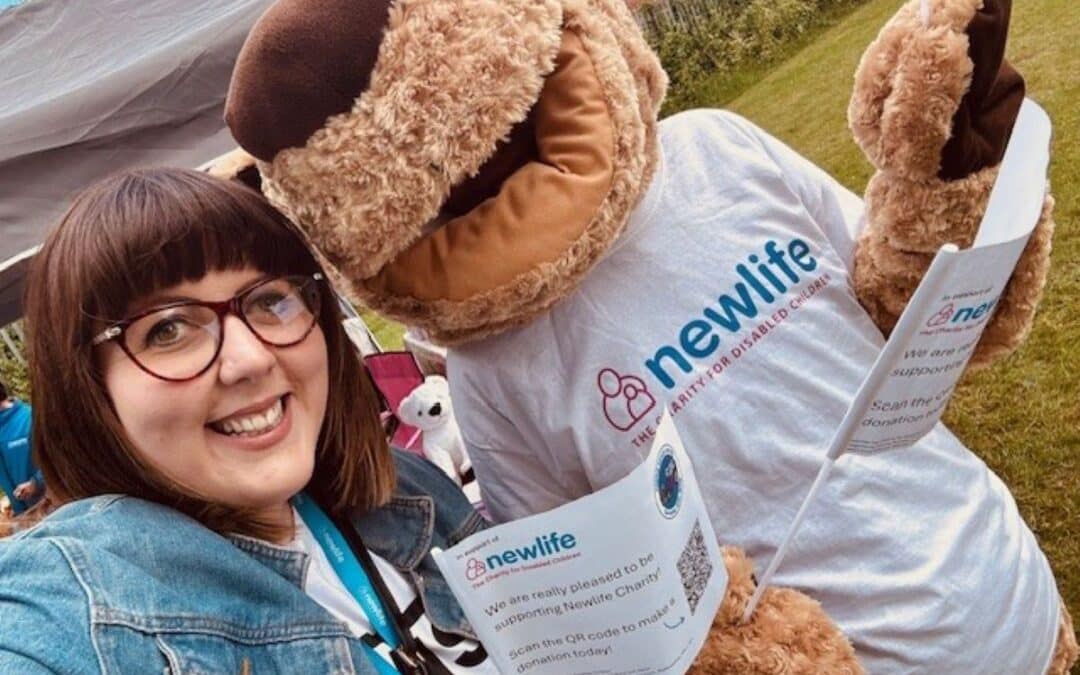
For parents or carers of disabled children life can prove exhausting and overwhelming, but it can be hard to think about your own needs or your own mental health when there is always so much to do, to plan for and appointments to attend. Although help to cope is often needed, it can be difficult to know where to start, so as part of Mental Health Awareness Week, 15-21 May, we explore a few of the options available for you to reach out to.
There are a variety of places to reach out to for support, starting with Newlife’s own free Nurse Helpline where you can speak to expert nurses who are there to listen with compassion and without judgement. They can also help you access all of Newlife’s different services, provide information about specific conditions and signpost to other appropriate organisations which may be able to support you. Whether you know what you need, or just need a place to start, they are here to help. Just call 0800 902 0095 (free from UK mobiles and landlines). This is available Mon-Fri 10.00 am – 4.30pm. You can find more information here https://newlifecharity.co.uk/free-helpline/
If your child has a named diagnosis, there may be a specific support group to help. Finding a group can not only make you feel less alone, boosting your mental health, it can provide emotional support, friendship and even practical advice you hadn’t thought of, which can all make your life easier. You can find out more information if you are based in England at https://www.gov.uk/support-group-for-children-young-people-families, for Northern Ireland https://www.nidirect.gov.uk/articles/support-groups-parents-children-disabilities, for Wales: https://contact.org.uk/cymru/ and for Scotland: https://www.parentingacrossscotland.org/info-for-families/age-5-12/disability/.
For those with children without a diagnosis then www.undiagnosed.org.uk is a where you can find others in similar situations for support. If your child is diagnosed with a rare condition try www.raredisease.org.uk/. Not only will any advice be tailored to your needs, you may discover that there are people not too far away to meet up with socially, opening up a whole new world of support.
Respite care for your child may give you time to rest, sleep, or do a hobby which boosts your mood and helps you feel more able to cope. It may also help prevent a situation from reaching crisis point. But not every family has relatives or friends on hand to help give parents or carers the break they need and if this is the case, your local authority may be able to help. To discover more about your local offer, contact your local authority. Click here for more information www.gov.uk/help-for-disabled-child.
There may be other circumstances when the support you need is more specialist. Parents and carers of babies in special care can also turn to www.bliss.org.uk – while those with children who have complex needs can also seek the services of a hospice. You can find one local to you here www.hospiceuk.org
For single parents with a disabled child Gingerbread can provide lots of support and advice at www.gingerbread.org.uk/information/disability/if-you-have-a-disabled-child/ and also have a chat function so you can speak to others facing similar challenges.
Other organisations which may be able to help are Action for Carers https://www.actionforcarers.org.uk/who-we-help/adult-carers/parent-carers/
Scope’s Navigate service is a national mentoring service offering online emotional support for parents and carers of disabled children who are finding out about their child’s additional needs. Find out more about their eligibility criteria here https://www.scope.org.uk/family-services/navigate/eligibility-check/
The Samaritans also offer emotional support 24 hours a day, in full confidence. You can call free on 116 123 – or email Jo@samaritans.org.uk




